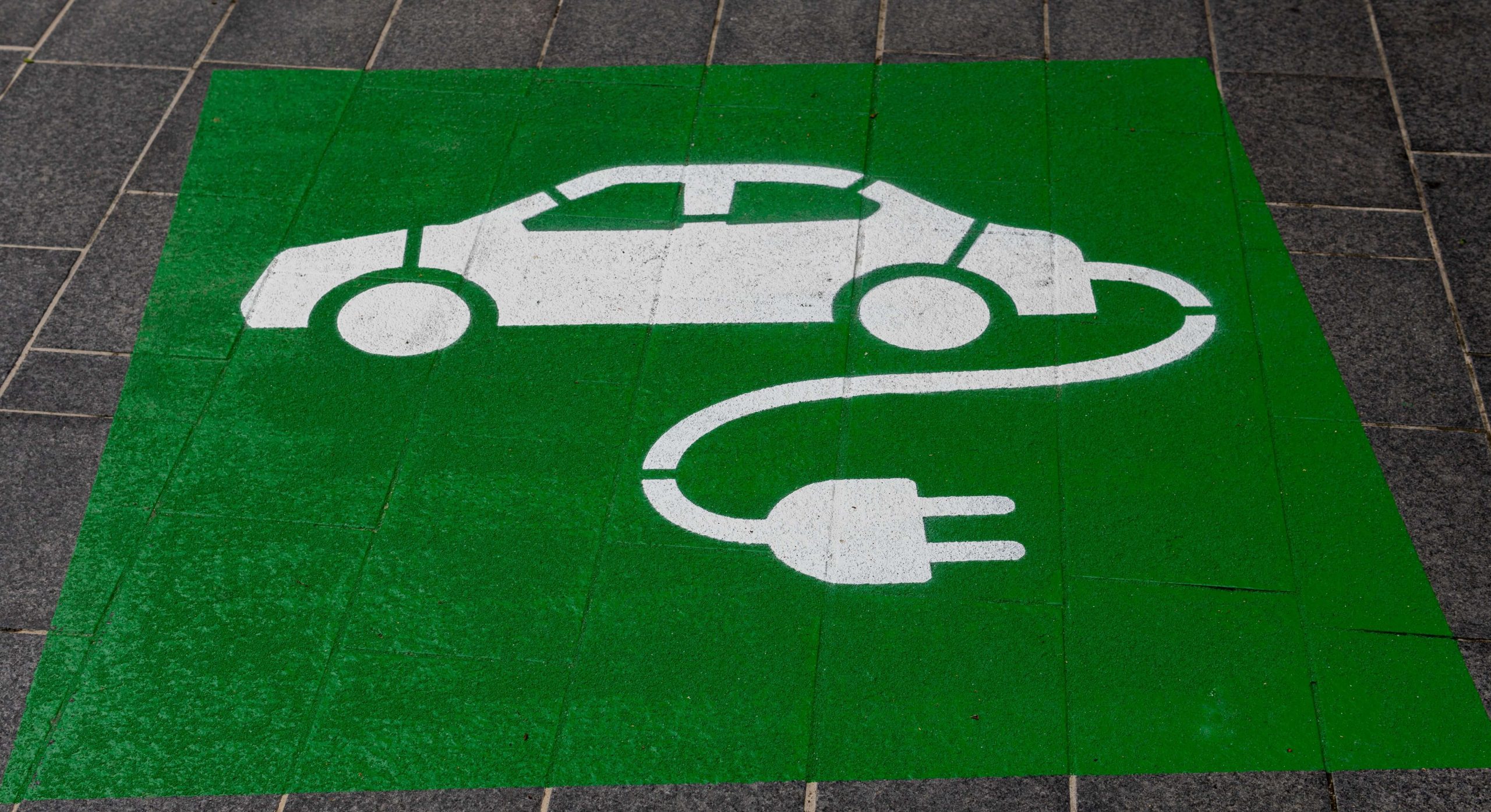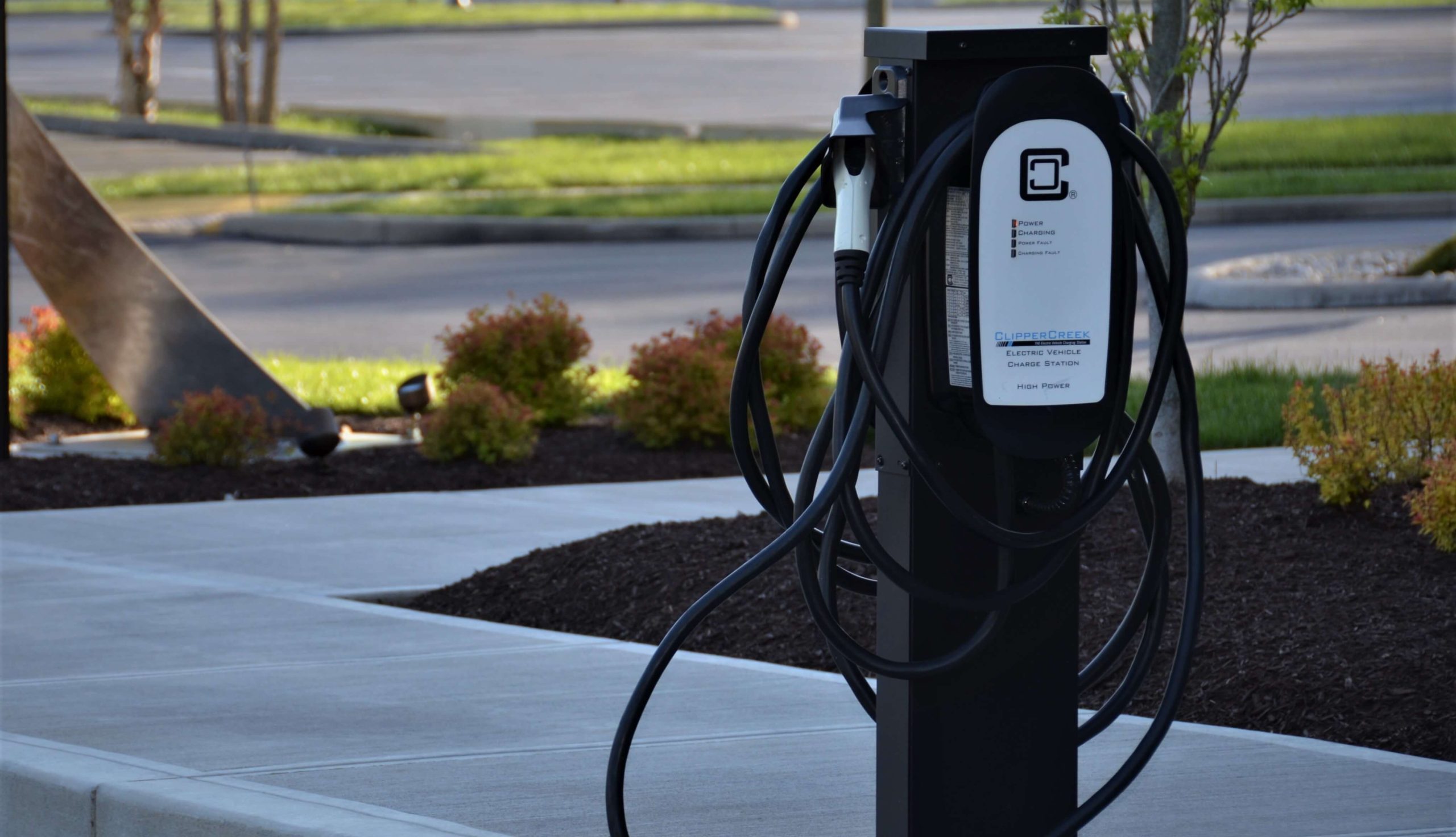Solar-Powered Rehabilitation Santa Rita Jail’s Agrivoltaic Garden
Inmates Cultivate Crops and Skills in a Sustainable Agrivoltaic Garden
Santa Rita Jail’s Innovative Agrivoltaic Project
Santa Rita Jail in California has taken an innovative approach to sustainability and rehabilitation by implementing an agrivoltaic garden. In this groundbreaking project, inmates cultivate crops beneath solar panels, demonstrating the potential for agrivoltaics to contribute to sustainable agriculture, skills development, and social innovation.
Sustainable Agriculture and Skills Development
The agrivoltaic garden at Santa Rita Jail not only generates clean, renewable energy but also provides a valuable opportunity for inmates to learn about sustainable agriculture practices. By working in the garden, inmates acquire valuable skills and knowledge that can be applied upon their release, helping them reintegrate into society and find gainful employment.
Social Innovation and Community Impact
The Santa Rita Jail blending of solar and food garden has far-reaching social impacts. The produce grown in the garden is used to feed inmates, reducing the facility’s reliance on external food supplies and minimizing its environmental footprint. Additionally, the project promotes environmental awareness and fosters a sense of purpose among the inmates, contributing to their rehabilitation and personal growth.
A Model for Sustainable and Socially Innovative Solutions
The success of Santa Rita Jail’s agrivoltaic garden serves as a powerful example of how combining solar with agriculture can be used to create sustainable and socially innovative solutions. By combining renewable energy production with sustainable agriculture and skills development, this pioneering project showcases the transformative potential of agrivoltaics in addressing environmental and social challenges.
Agrivoltaics: A Pathway to a Greener, More Inclusive Future
Santa Rita Jail’s agrivoltaic garden demonstrates that agrivoltaics has the potential to drive sustainable agriculture, skills development, and social innovation. This inspiring project highlights the role that agrivoltaics can play in creating a greener, more inclusive future for all.







